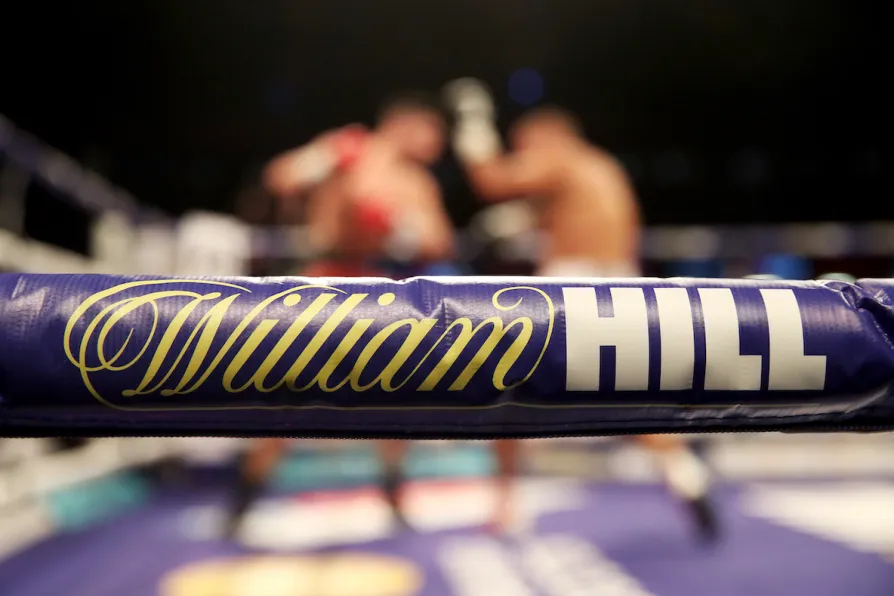Patrick Day’s tragic end — the chronicle of a boxing death foretold


SAD but nonetheless true is the fact that when Taylor and Prograis enter the ring tonight, the recent tragic fate of fellow professional Patrick Day will follow them.
Day’s death from brain trauma sustained in his super welterweight fight against Charles Conwell in Chicago on October 12 shines a harsh light on the sport of boxing in a year in which four ring fatalities constitutes a grim and impossible to wish away toll.
Though inevitably raised at such moments is the chorus of voices calling for the sport to be banned, such talk will always be incompatible with reality.
Similar stories

JOHN WIGHT previews the much-anticipated bout between Benn and Eubank Jnr where — unlike the fights between their fathers — spectacle has reigned over substance

JOHN WIGHT writes about the fascinating folklore surrounding the place which has been home to some of the most ferocious bareknuckle and unlicensed fighters throughout history

JOHN WIGHT questions how legend of the sport Roberto Duran is lending credibility to the sportswashing circus that is Riyadh Season — and at what cost?

Following the untimely death of 28-year-old Irish boxer John Cooney, JOHN WIGHT explores how the sport can be made ‘safer’ than it is at present










